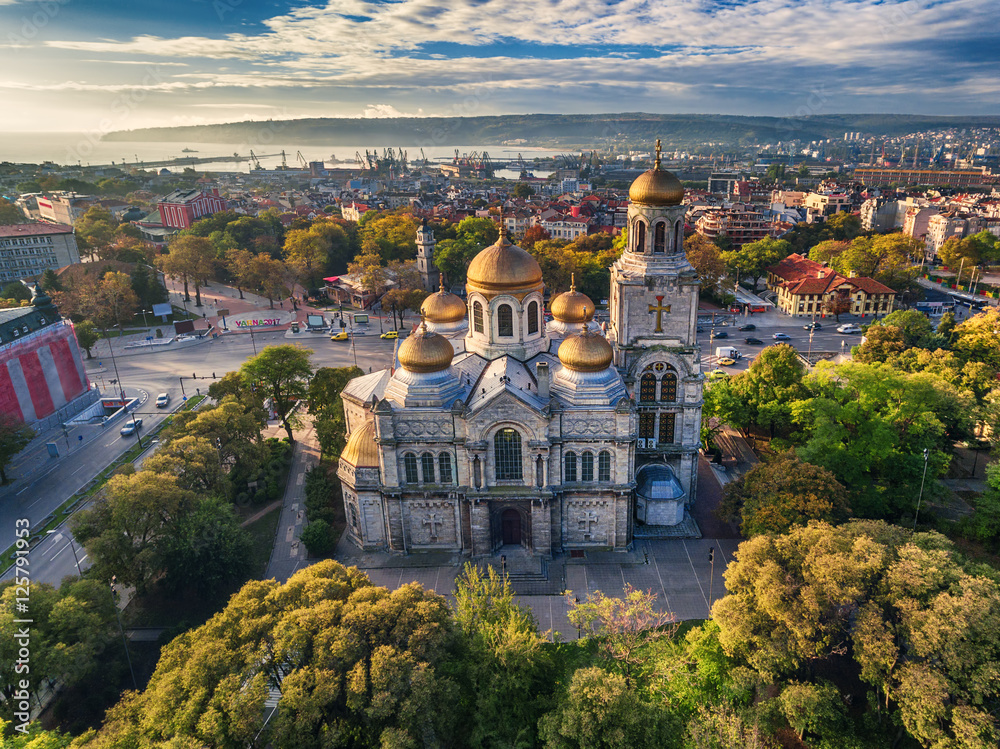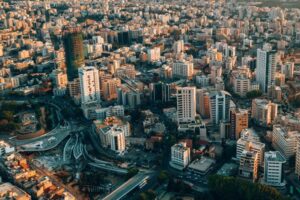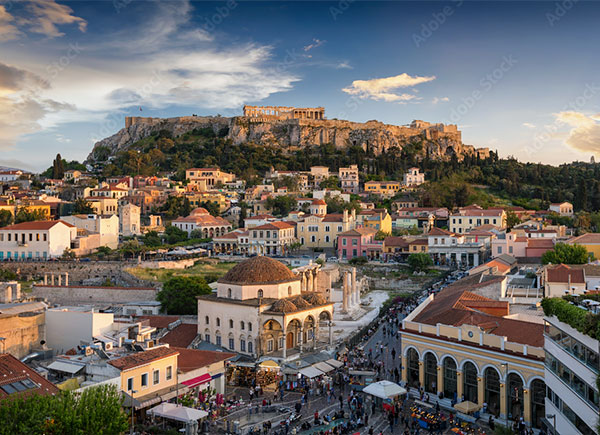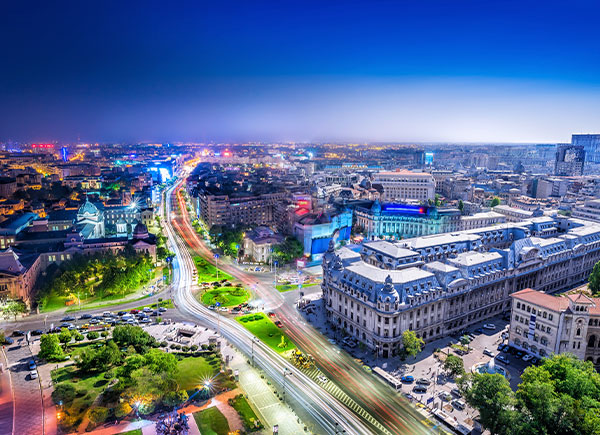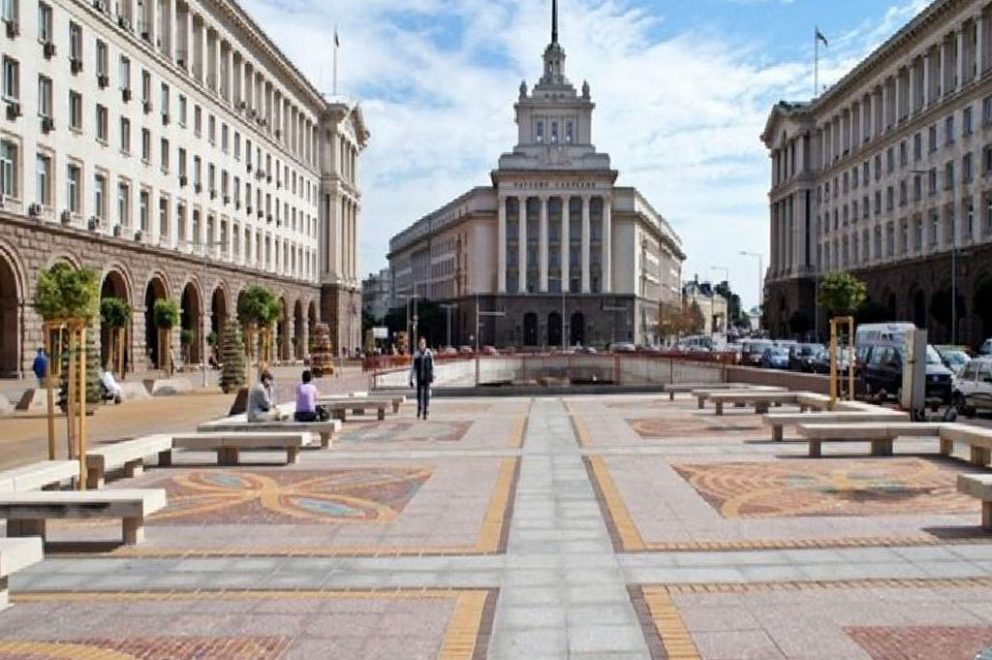Introduction:
Bulgaria, a land of diverse landscapes, rich cultural heritage, and storied history, is often misunderstood or overlooked as a travel destination. As a result, numerous myths and misconceptions have emerged, leaving many potential visitors uncertain about what to expect. In this blog post, we’ll delve into the truths behind some of Bulgaria’s most popular myths and shed light on the authentic experiences that await travellers in this fascinating country. Join us as we embark on a journey to uncover the real Bulgaria, dispelling common misconceptions and revealing the hidden gems that make this Balkan nation an unforgettable destination.
Myth 1: Bulgaria is an unsafe country
Truth: Bulgaria is a relatively safe country for tourists. While it’s always important to exercise common sense and be aware of your surroundings, most visitors experience no issues during their stay. Petty crime can occur in tourist areas, but violent crime is rare. By taking basic precautions, travellers can confidently explore the country’s attractions.
Myth 2: Bulgarians are unwelcoming and unfriendly
Truth: On the contrary, Bulgarians are generally known for their warmth and hospitality. They take pride in their culture and history, and many locals are eager to share their knowledge and experiences with visitors. As with any country, individual experiences may vary, but most tourists find Bulgarians to be welcoming and helpful.
Myth 3: There’s not much to see or do in Bulgaria
Truth: Bulgaria offers a wide array of attractions and activities for visitors, ranging from historical sites to stunning natural landscapes. The country is home to ancient ruins, such as the Thracian Tomb of Kazanlak and the Roman amphitheatre in Plovdiv, as well as picturesque cities like Veliko Tarnovo and Sozopol. Bulgaria’s diverse landscapes also provide opportunities for outdoor activities, such as hiking in the Rila and Pirin mountains, skiing in Bansko, or relaxing on the beaches of the Black Sea coast.
Myth 4: Bulgaria lacks modern infrastructure and amenities
Truth: While it’s true that some rural areas in Bulgaria may lack modern amenities, the country’s larger cities and tourist destinations are well-equipped to cater to the needs of visitors. Sofia, the capital city, offers a range of accommodations, dining options, and transportation services. High-speed internet and modern co-working spaces can also be found in major cities, making Bulgaria an increasingly popular destination for digital nomads.
Myth 5: Bulgarian food is bland and unappetizing
Truth: Bulgarian cuisine is a flavorful fusion of Eastern European, Mediterranean, and Middle Eastern influences. Traditional dishes like kavarma (a slow-cooked meat and vegetable stew), banitsa (a savoury pastry filled with cheese, spinach, or pumpkin), and tarator (a cold cucumber and yoghourt soup) showcase the country’s diverse culinary heritage. Visitors can also enjoy an array of fresh produce, local cheeses, and delectable desserts.
Myth 6: Bulgaria is always cold and snowy
Truth: While Bulgaria does experience cold winters with snowfall in the mountains, it also enjoys a varied climate that includes warm summers and mild autumns. The Black Sea coast is particularly popular for its sunny beaches and pleasant weather during the summer months. With its diverse climate, Bulgaria offers something for everyone, whether you prefer skiing in the winter or sunbathing by the sea in the summer.
Myth 7: Bulgaria is difficult to travel around
Truth: Bulgaria’s transportation network has been steadily improving, making it easier than ever for travellers to navigate the country. Major cities are well-connected by bus and train routes, and Sofia boasts an efficient and affordable metro system. For those who prefer more flexibility, car rentals are readily available, allowing visitors to explore the country at their own pace. Additionally, domestic flights between Sofia, Varna, and Burgas offer a convenient way to cover longer distances quickly.
Myth 8: Bulgaria is just a cheaper version of other European destinations
Truth: While it’s true that Bulgaria offers an affordable alternative to many other European countries, it should not be overlooked as a destination in its own right. The country boasts a unique cultural heritage, shaped by its position at the crossroads of Europe and Asia. Its ancient history, stunning landscapes, and vibrant cities provide a distinct experience that sets it apart from other destinations. Bulgaria is a hidden gem that offers a rich and diverse travel experience for those willing to explore its many charms.
Myth 9: Bulgaria has a poor nightlife scene
Truth: Bulgaria’s nightlife scene is surprisingly vibrant, particularly in its larger cities. Sofia, Plovdiv, and Varna boast a variety of bars, clubs, and live music venues catering to different tastes and preferences. From cosy wine bars and traditional taverns to pulsating nightclubs, there’s something for everyone. The coastal city of Sunny Beach is also well-known for its lively summer nightlife, drawing crowds of party-goers from around the globe.
Conclusion:
Bulgaria’s unique blend of history, culture, and natural beauty make it a compelling destination for travellers seeking an off-the-beaten-path experience. As we continue to debunk common myths and misconceptions, it becomes increasingly clear that Bulgaria is a captivating and diverse country with much to offer visitors. So why not embark on your own adventure to uncover the truths and hidden gems that await you in Bulgaria? Whether you’re a history buff, a nature lover, or a food enthusiast, this enchanting Balkan nation promises a memorable and enriching travel experience.


